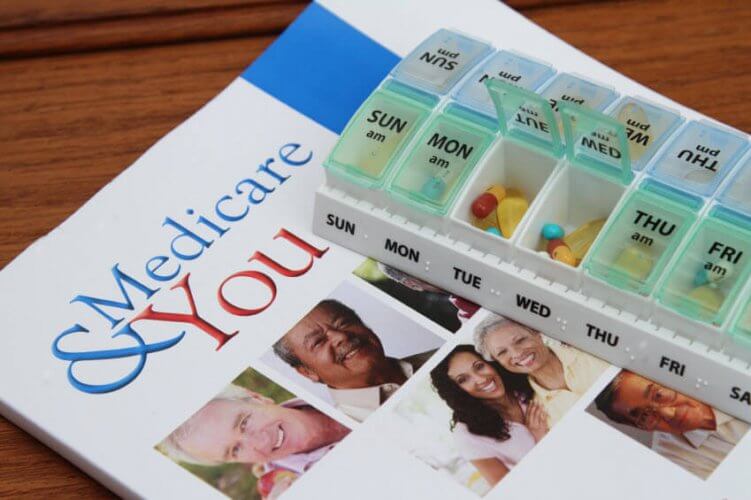
Medicare fraud costs Medicare and Medicaid billions of dollars each year. The National Health Care Anti-Fraud Association says losses total about $60 billion a year – estimated to be 3 percent to 10 percent of annual health care costs.
Safeguarding your personal information is the best strategy to combat health care fraud and abuse. That’s where Senior Medicare Patrols (SMPs) come in. SMPs are groups of highly trained volunteers who teach others about health care fraud. SMP volunteers show Medicare and Medicaid recipients how to protect against, detect, and report fraud. SMPs are grant-funded projects of the federal U.S. Department of Health and Human Services (HHS), U.S. Administration for Community Living (ACL).
According to SMPs, about 250,000 Medicare beneficiaries have had their medical identity compromised through stolen or misused Medicare numbers, hitting seniors with higher copayments for services that either were not received or were not medically necessary.
Remember, you must keep your Medicare number private – it’s like a credit card. With it, someone can steal your medical identity and obtain benefits.
Below are some of the scams you need to be aware of.
Common Scams and Identity Theft
According to the U.S. Department of Health & Human Services, be suspicious of doctors, health care providers, or suppliers who*:
- Ask for your Medicare number:
- In exchange for free equipment or services
- For “record keeping purposes”
- Tell you that tests become cheaper as more of them are provided
- Advertise “free” consultations to people with Medicare
- Call or visit you and say they represent Medicare or the federal government
- Use telephone or door-to-door selling techniques
- Use pressure or scare tactics to sell you expensive medical services or diagnostic tests
- Bill Medicare for services you never received or a diagnosis you do not have
- Offer non-medical transportation or housekeeping as Medicare-approved services
- Bill home health services for patients who are not confined to their home, or for patients who still drive a car
- Bill Medicare for medical equipment for people in nursing homes
- Bill Medicare for tests you received as a hospital inpatient or within 72 hours of admission or discharge
- Bill Medicare for a power wheelchair or scooter when you don’t meet Medicare’s qualifications
- Tell you if you don’t get a new Medicare card, you will lose your benefits
- Call you and say you are getting the gift of a medical alert system and ask for your address and Medicare number
Report Fraud
If you suspect errors, fraud, or abuse when you use Medicare—or if someone tries to sell you a product or service you don’t need—report it.
What do I need to have to report errors, fraud, or abuse?
Before you report errors, fraud, or abuse, carefully review the facts and have the following information ready:
- The provider’s name and any identifying number you may have.
- Information on the service or item you are questioning.
- The date the service or item was supposedly given or delivered.
- The payment amount approved and paid by Medicare.
- The date on your Medicare Summary Notice.
- Your name and Medicare number (as listed on your Medicare card).
- The reason you think Medicare should not have paid.
- Any other information you have showing why Medicare should not have paid.
Where do I report errors, fraud, or abuse?
To report suspected errors, fraud, or abuse, you can contact either:
HHS Office of Inspector General
Call: 800-447-8477
TTY: 800-377-4950
Online: Report Fraud Online
Mail: HHS Tips Hotline
P.O. Box 23489
Washington, DC 20026-3489
Or
Centers for Medicare & Medicaid Services
Call: 800-633-4227
TTY: 877-486-2048
Mail: Medicare Beneficiary Contact Center
P.O. Box 39
Lawrence, KS 66044
If you’re looking for information on Medicare, visit here.
Have you ever been a victim of Medicare fraud? Feel free to share your thoughts in the comments section below.



